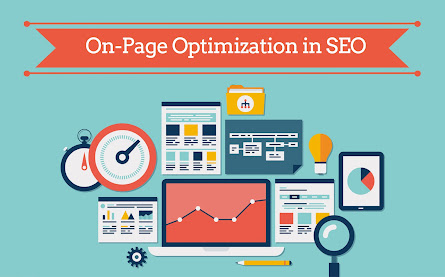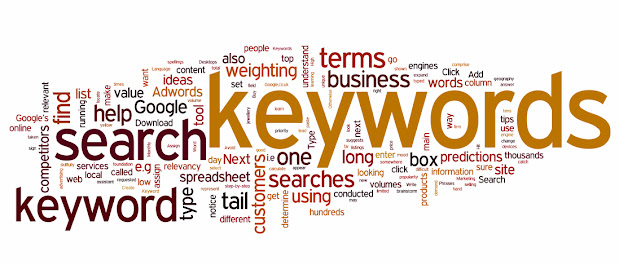ON-Page SEO (In Depth)
On-Page SEO
It's the act of optimizing different zone of your
website that affect your search engine rankings, where a website appears in
search engine results pages is determined by a number of ranking factors
including site availability, page speed, optimized content, keywords, title tags,
etc.
On-page SEO helps Google more understand your
website and that improves your rankings, which leads to further organic
traffic.
It's essential that your website and its content,
including what's visible to users and what's visible to search engines, are
optimized to the rearmost practices used by companies like Google and Bing.
As important as half of all website traffic comes from
search engines like Google or Bing, this means that close to 40 of the online gain
comes from search traffic as well. Here’s something other to think about the
top 1st result on Google gets further than 32 of keyword traffic, and the first
page of search results snare as much as91.5 of traffic.
More Frequently, when someone talks about perfecting their SEO they mean on-page SEO. Let’s talk more about the meaning of on-page SEO and why it’s such an important part of modern web marketing.
Factors of On-page
SEO
Here are some important
factors in On-page SEO:
- Title Tag
- Meta Description
- Headlines
- Header Tag
Title Tag:
It's an HTML element that specifies the title of a web page. The title tag is displayed as part of the search in a search engine results page (SERP), it appears as the clickable headline ( typically used as the clickable link) for the search results and it's important for user experience, SEO, and social sharing.
Example of Title Tag:
Meta Description:
A meta description is a small blurb that appears underneath your website on the SERP that includes information about your page. It's designed to provide users with a brief summary of the content on your page so that users know if the page will answer their questions.
Example of Meta Description:
Written Part under Title is Meta description (it describes your page content in a short summary).
Headlines:
The headline is the title
guests see on our blogs, “ Headlines are lifelines to our readers”. They grab
attention, build trust and help time-pressed consumers concentrate on the
stories they watch most about.
Headlines also help search
engines decide whether our offerings match what users are looking for.
Header tags:
Header tags are used to
separate headings and subheadings on a webpage. They rank in order of
importance, from H1 to H6. With H1s usually being the title. Header tags
improve the readability and SEO of a webpage.
Why on-page SEO is so important?

It helps search engines to
analyze the website and the content connected to it so that they can identify if
a searcher’s query is relevant to your site or not.
Google consistently updates
its algorithm so that it can understand a searcher’s query and deliver better
results that meet the user’s needs. On-Page SEO involves a number of elements
that help make your site more search engine friendly. It not only helps to attract
a noticeable level of online traffic but also allows you to measure the
performance and success rate of the campaign.
Here’s something else to
think about: The top 1st result on Google gets more than 32% of keyword
traffic, and the first page of search results grab as much as 91.5% of traffic.
This is why on-page SEO is important. Without it, your site could be seriously missing out on opportunities to rank for search queries specific to your business. Without any proper SEO strategy, your site might get pushed down search results by competitors.
Important Note:-
The website used in this blog belongs to Saurabh Gupta owner of Dizi Global Solutions
If you don't know what is SEO (Seach Engine Optimization), please check out the blog on SEO, to understand more deeply. And I have linked other blogs below:





thank you
ReplyDeleteWelcome, this is a great information
ReplyDeletenice one
ReplyDelete